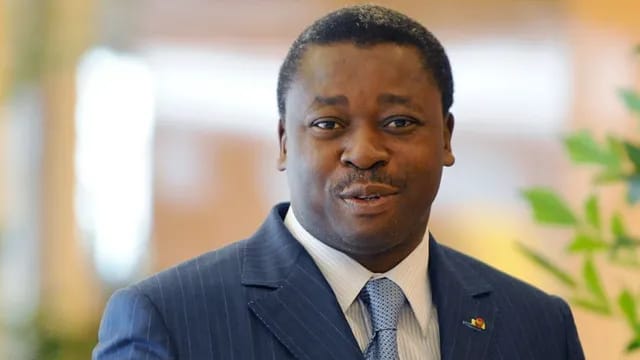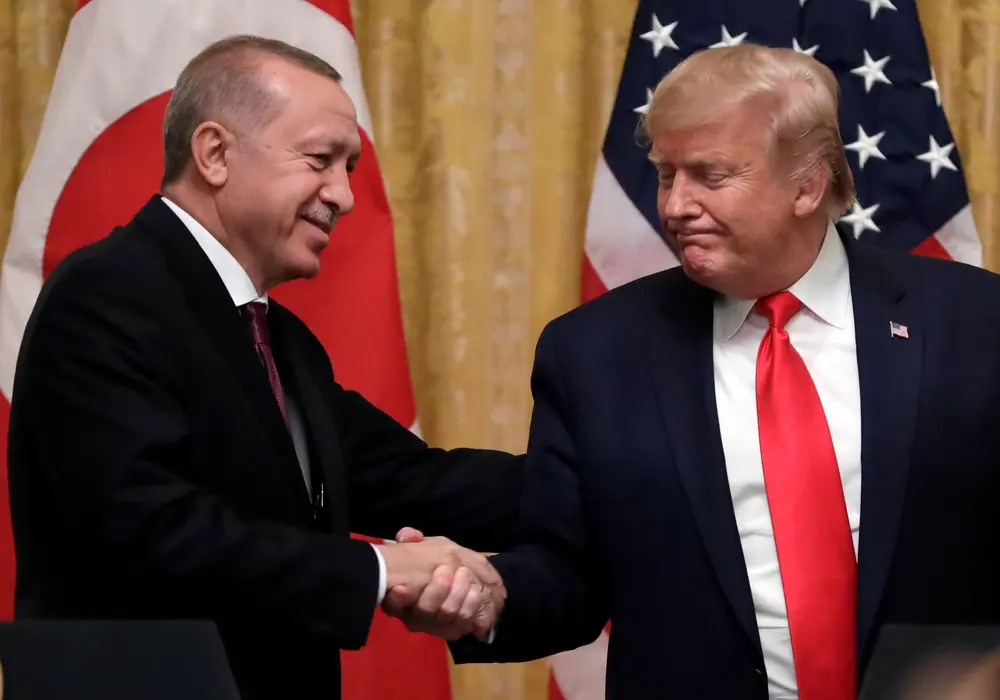Togo has rescheduled parliamentary and regional elections for April 29 after delaying the ballot over a highly contested constitutional reform.
The announcement was made Tuesday (Apr. 9) after a cabinet meeting.
Elections were initially scheduled on April 13 before being postponed to April 29.
Togo’s parliament voted in late March to transition the nation from a presidential to a parliamentary system.
Faced with public outcry, the presidency ordered the constitutional reform back to parliament.
In early April, President Faure Gnassingbé met members of the Bureau of the National Assembly and urged them to “take into account all contributions susceptible to enrich” the Constitution.
The National Assembly’s bureau therefore expressed the need for more consultations over the reform which led to a new postponement.
The proposed Constitution which was passed on March 25, grants parliament the power to choose the president, doing away with direct elections.
Instead of a renewable 5-year term, the proposed bill restricts the power of future presidents and introduces a one-term limit.
The reform hands over greater power to a figure similar to that of a prime minister, officially called the president of the council of ministers. This individual will either be “the leader of the party which secures the majority during the legislative elections”; or the leader of the winning coalition of parties.
The government said on Tuesday a planned three-day protest this week over the arrest of opposition figures and new legislation scrapping presidential elections was illegal, a move that heightened tensions in the West African nation that has been ruled by the same family for almost 60 years.












